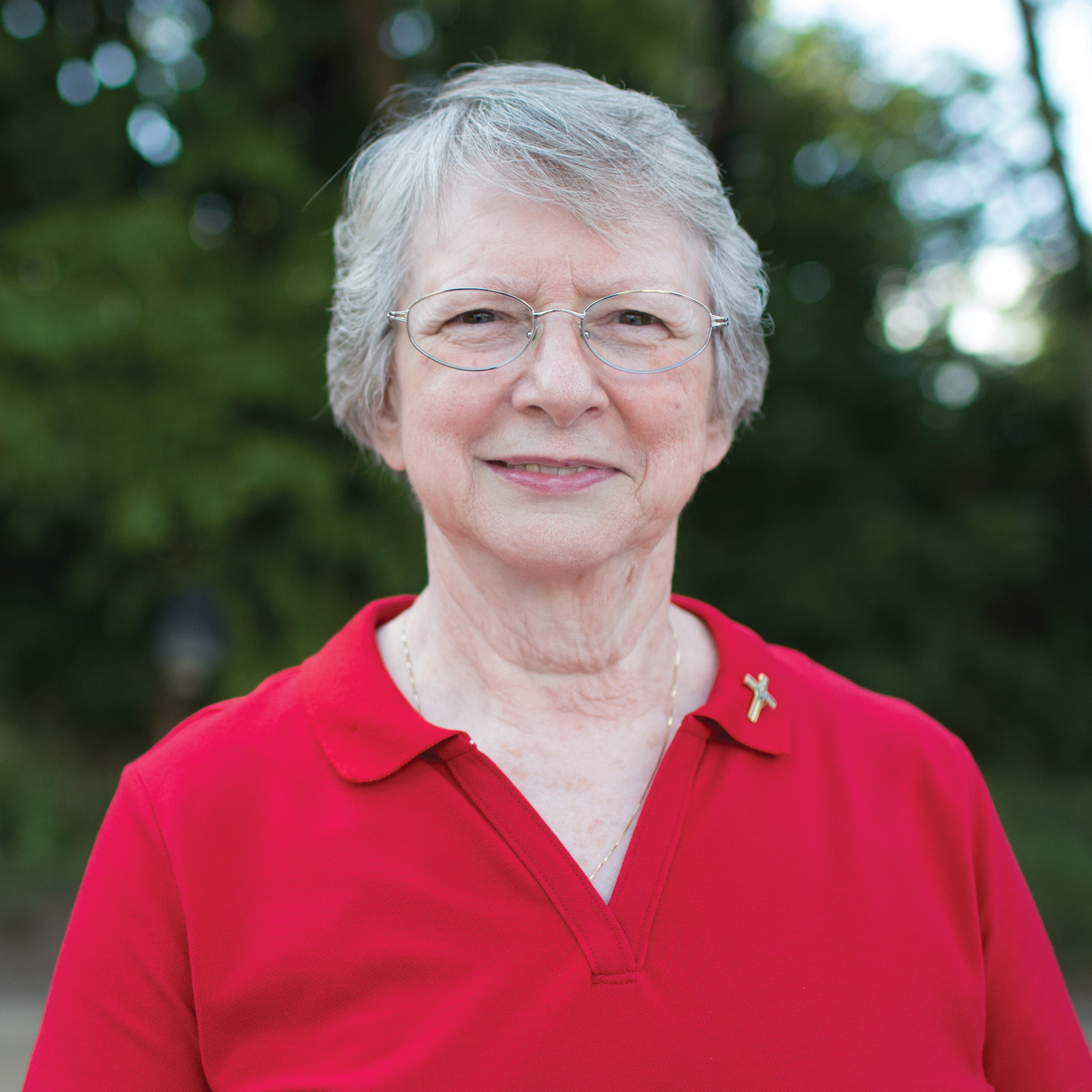 Sister Joanne Belloli recently wrote this article for Catholic News Service. She works as a mental health/substance abuse therapist with Livingston County Catholic Charities in Howell, Michigan.
Sister Joanne Belloli recently wrote this article for Catholic News Service. She works as a mental health/substance abuse therapist with Livingston County Catholic Charities in Howell, Michigan.
Recently I met a 57-year-old woman who indicated that she was depressed, which for her occurred every March and into April. I listened as she told the story of the unexpected death of her mother when she was 8 years old. The death left her father and siblings with a deep sadness.
Upon further discussion, we agreed that her sadness was being reexperienced. She was again experiencing loss and was missing her mother today and at the times in her life when she wished her mother was present for discussion and comfort.
Several days after this event, I met a young boy who was sad because his dog had run away, and he did not know where his dog was. The same day I met a teenager saddened after the breakup of a significant friendship.
Then, I remembered the day I visited a young woman dying from cancer. As I was leaving, she sat up in bed and exclaimed, “I am dying, I don’t know what to do.” Needless to say, I stayed; we talked.
These experiences of sadness, the emotional pain associated with or characterized by feelings of loss, fear, longing, abandonment, grief, helplessness, disappointment, loneliness and sorrow, led to a reflection on how loss and sadness are intertwined in so many instances.
Losses involve grief and mourning, the process of healing after the loss. I was also reminded that memories of a loss can again be experienced as sadness and lead a person to say that they are depressed.
Particular Gospel stories connect with the experiences of individuals that I encounter. I reflect on stories, such as the words of Jesus at prayer in the Garden of Gethsemane. “My Father, if it is possible, let this cup pass from me; yet, not as I will, but as you will” (Mt 26:39).
I also reflect on his apostles experiencing loss and fear as they gathered in the upper room attempting to make sense of Christ’s death; the women who came to the tomb of Jesus bringing spices they had prepared, experiencing loss, sadness and fear at the rolled back stone and not finding Jesus (Lk 24: 1-3); and the Emmaus story of recognizing Jesus in the breaking of the bread (Lk 24:13-35).
One can only imagine the deep sadness that Jesus experienced in the garden; the apostles, Mary, the mother of Jesus, and the disciples experienced after Jesus’ death; as well as the sadness and sorrow experienced in the Emmaus story.
As Christians we hold a deep belief in the resurrection that accompanies sadness and sorrow. There is life after death; there is new life after the experience of sadness and loss.
Today, as a clinical social worker, I meet with individuals of various ages and walks of life, who are hurting and sad from current and past experiences of loss and think they are depressed.
They are experiencing sadness about missing loved ones, opportunities that were missed and cannot be regained, physical losses due to medical conditions, losses because of personal past decisions and a variety of other types of losses that bring sadness.
Many share stories of depression that can be identified as situational depression from losses, experienced or remembered, which bring individuals to label their feelings as sadness in their current life. Many times, their stories of situational depression come and go as the memories reoccur once again and sadness from loss is identified.
Situational depression differs from long-term depression and major depression. Situational depression is experienced from a particular event. Long-term depression, or Persistent Depressive Disorder, requires that an individual has experienced depressed mood for more days than not and for at least two years in adults and one year in children.
This type of depression may bring sadness and include low self-esteem, feelings of hopelessness, low energy, difficulty concentrating. The diagnostic indicator of Persistent Depressive Disorder is the length of time in years it is experienced.
Another type of clinical depression is Major Depressive Disorder that also requires diagnostic specifiers and may indicate a need for medications and therapeutic treatment.
Currently, the trauma of COVID-19, the war in Ukraine, news stories of fires, killings and other events, may have ways of enhancing individual past and current experiences of losses, memories and sadness.
Their past losses and traumas are again being remembered. With any type of memories, reexperienced depression — whether it be situational, persistent or major depression — can occur.
It is important to name the feelings associated with an event or memory and talk with a trusted friend or counselor who will listen, as the feelings and events named by the person are shared and processed without judgment.
Sadness is a feeling that is part of our lives and cannot be diminished. It needs to be heard and explained in telling one’s feelings and stories. Journaling can also be a strategy to assist in a healing process.
Sadness calls for healing and restored peace. The paraphrased words of St. Teresa of Kolkata may be of assistance: If you want peace, go home and love your family.
Story by Sister Joanne Belloli; Copyright (c) 2022 Catholic News Service www.catholicnews.com. Reprinted with permission of CNS. Rich Kalonick photo.





